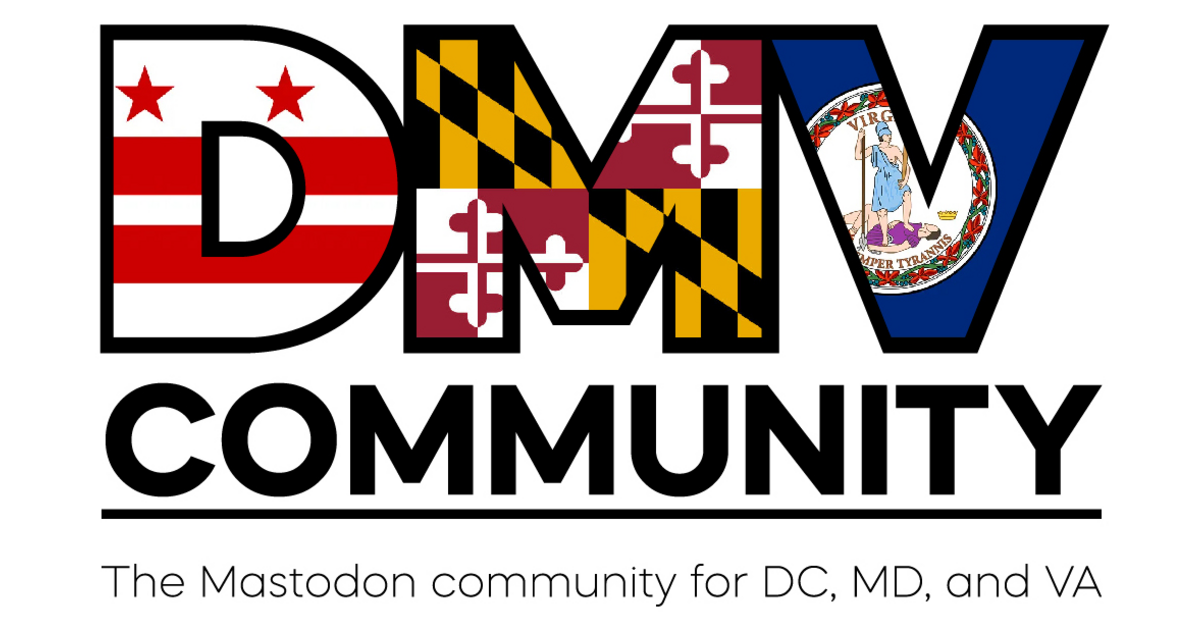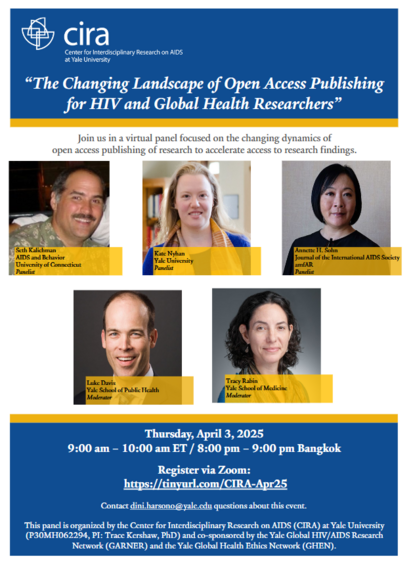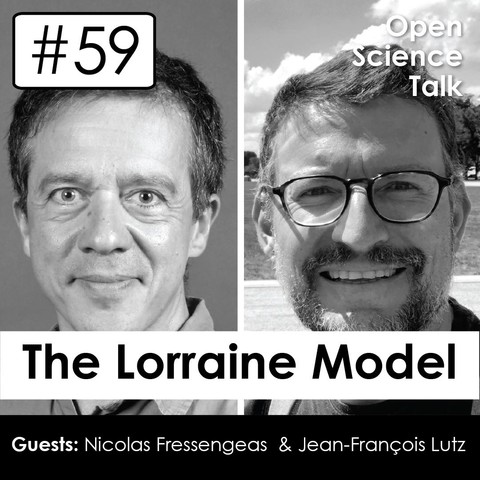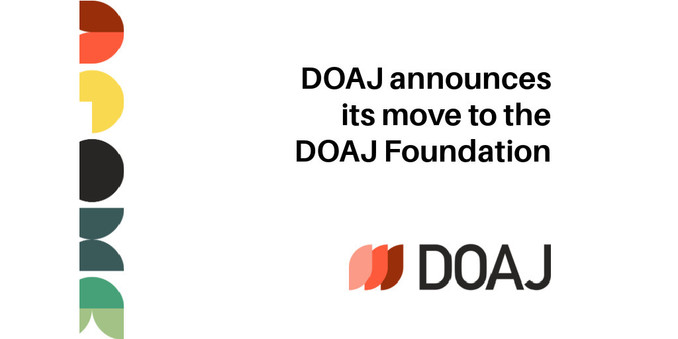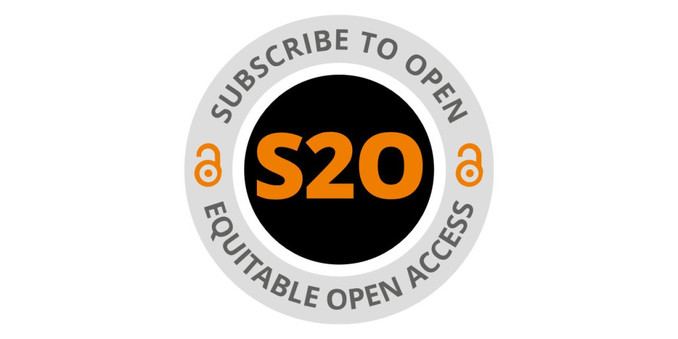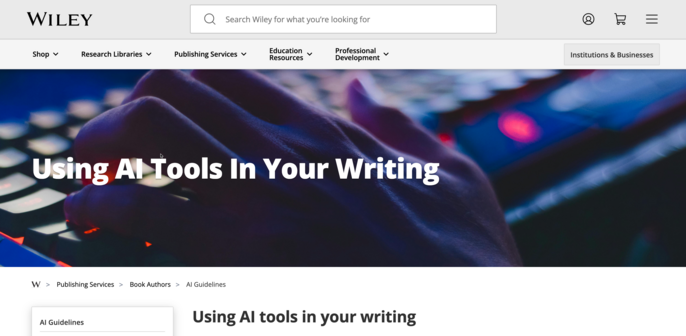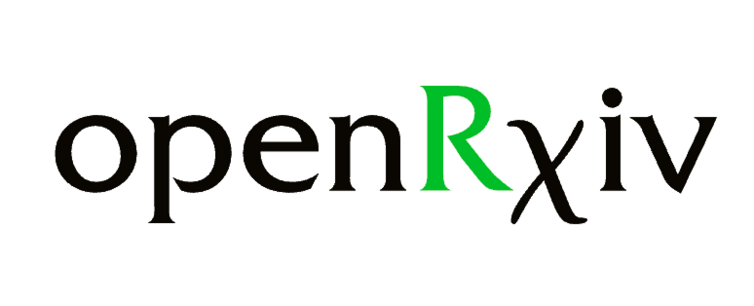I am wondering what all the “Open Infrastructure” aficionados are doing while #scholcomm repositories around the world are struggling to keep their doors open as omnivorous AI Bots are hammering their sites. Writing another Principles document named after a city where it’s nice to have a meeting, maybe?
Recent searches
Search options
#scholcomm
You are invited! Later today, at 9 AM US Eastern time / 8 PM Bangkok time
“The Changing Landscape of Open Access Publishing for HIV and Global Health Researchers”
Register at https://tinyurl.com/CIRA-Apr25
#Google #AI researchers were formerly like university researchers in this respect: They published their research when it was ready and without regard to corporate interests. For example, see the landmark 2017 paper introducing the transformer technology now in use by all major #LLM tools, including those from Google rivals.
https://arxiv.org/abs/1706.03762
More here.
https://en.wikipedia.org/wiki/Attention_Is_All_You_Need
But that's changing. Google's AI researchers may now only publish their findings after an embargo and corporate approval.
https://arstechnica.com/ai/2025/04/deepmind-is-holding-back-release-of-ai-research-to-give-google-an-edge/
“'I cannot imagine us putting out the transformer papers for general use now,' said one current researcher…The new review processes [has] contributed to some departures. 'If you can’t publish, it’s a career killer if you’re a researcher,' said a former researcher."
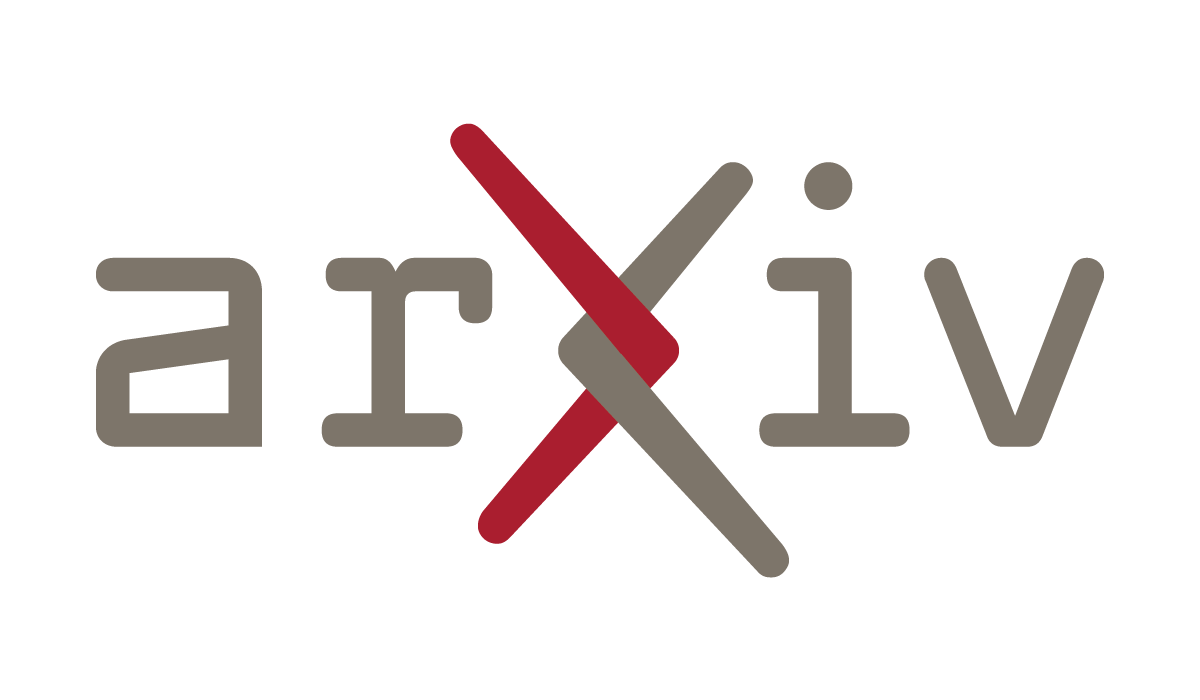
!!! From "Big Deals" to #OpenScience !!!
The Université de Lorraine cancelled Springer (2017) & Wiley (2023) – and reinvests the savings in Open Science.
€500,000 is spent annually on infrastructures, support services and scholar-led Diamond OA – guided by a broad, representative committee.
Hear more in this #podcast with @fresseng and https://mastodon.social/@jflutz
#scholarled #DiamondOA #UniLorraine #AcademicPublishing #OpenAccess #scholcomm
We're delighted to see Open Journals Collective soft launch their new website today: www.openjournalscollective.org
There is a blog post with more information https://blogs.lse.ac.uk/impactofsocialsciences/2025/03/31/academic-libraries-cannot-afford-to-carry-on-with-transformative-agreements/

“Look to the Champions of Freedom for All” How #Libraries Can Advance #Democracy Through Opening Access - Watkinson, Charles; McCready, Kate
#OpenAccess #ScholComm #AcademicPublishing
DOAJ is moving to become a new legal entity, the DOAJ Foundation, securing sustainability by providing robust community governance and focussing on the core mission
#DOAJ #DOAJFoundation #ScholComm #OpenAccess #AcademicChatter
More details at https://blog.doaj.org/2025/03/25/doaj-announces-its-move-to-the-doaj-foundation/
Update. Here's another piece that made it through peer review (at Oxford UP) falsely assuming that all #OpenAccess journals charge #APCs.
https://doi.org/10.1093/ejcts/ezaf092
The author concludes that there is *not* too much OA, but only because APC discounts and waivers exist. Imagine how much she could have strengthened her argument by bringing in #DiamondOA and #GreenOA.
#DOAJ has now introduced labels as a new feature in our metadata.
The first label is Subscribe to Open (S2O).
You can now easily identify the S2O logo in our journal search results and on individual journal pages.
#DOAJ #Metadata #S2O #ScholComm #OpenAccess #AcademicChatter
https://blog.doaj.org/2025/03/21/launch-of-the-subscribe-to-open-s2o-label/
Evaluating #Multilingual #Metadata Quality in #Crossref / Dennis Donathan II, Mike Nason, Marco Tullney, Julie Shi, Juan Pablo Alperin
https://arxiv.org/abs/2503.11853
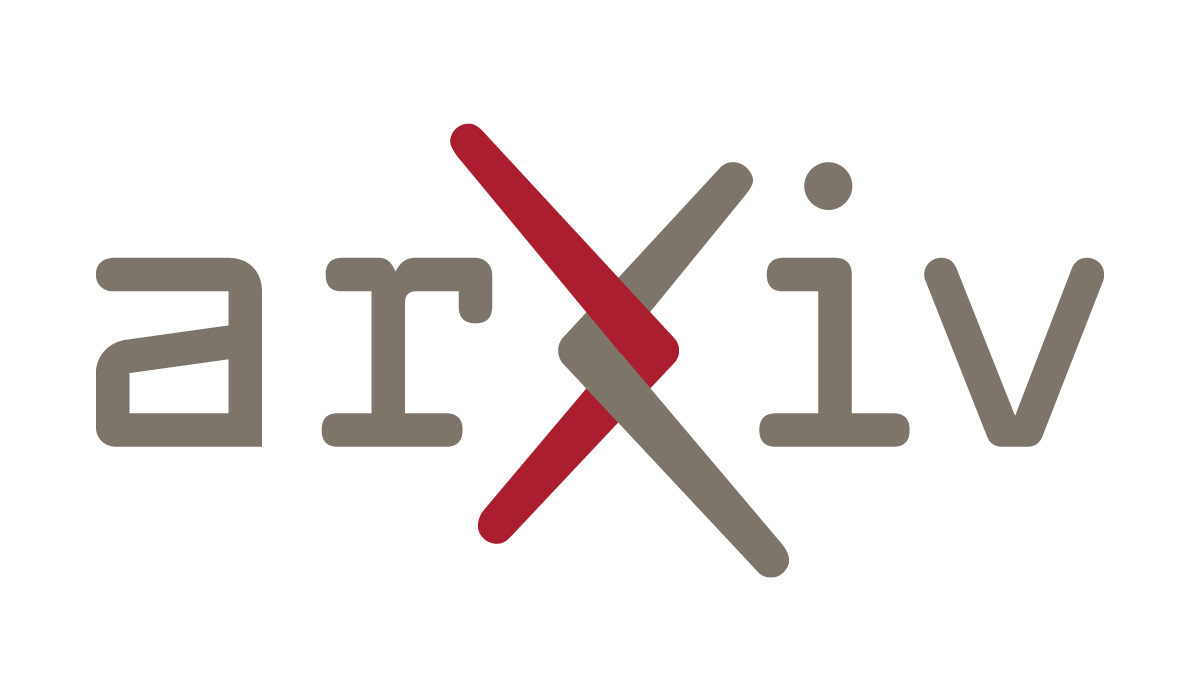
Wow -- the DOGE has canceled US National Agricultural Library subscriptions to 17 publishers -- but not Elsevier, not Springer Nature, not Wiley
Lutz Bornmann: “Metrics #Sonification as a New Way to Convey Bibliometric #Data” https://www.infodocket.com/2025/03/18/lutz-bornmann-metrics-sonification-as-a-new-way-to-convey-bibliometric-data/ #scholcomm #audio #bibliometrics @leidenmadtrics
Report: DOGE Order Leads to Journal Cancellation by U.S. Agricultural Library https://www.infodocket.com/2025/03/18/report-doge-order-leads-to-journal-cancellation-by-u-s-agricultural-library/ #libraries #scholcomm #publishers
New study: "In the first three years after accusations became public, scholars accused of sexual misconduct incur a larger citation penalty than scholars accused of scientific misconduct. However, when asked to predict their citing behavior, scholars indicated the reverse pattern, suggesting they might mis-predict their behavior or be reluctant to disclose their preferences."
https://doi.org/10.1371/journal.pone.0317736
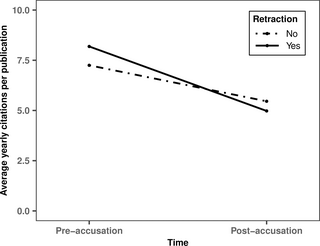
Thomas, W. J., Kaefring, A. & Hoover, J. K., (2025) “Motivations and barriers to publishing #OpenAccess #book chapters and #monographs: An institutional perspective”, Journal of Librarianship and Scholarly Communication 12(2). doi: https://doi.org/10.31274/jlsc.18280
Roundup: openRxiv Launch to Sustain and Expand Preprint Sharing in Life and Health Sciences USA https://www.infodocket.com/2025/03/11/openrxiv-launch-to-sustain-and-expand-preprint-sharing-in-life-and-health-sciences-usa/ #scholcomm #preprints #publishing #science #
#Repositories out of the Blind Spot of Initiatives to Correct the Scholarly Record
by Frédérique Bordignon
Learned Publishing, 2025, 38(2)
New study: When journals publish "potentially untrustworthy" papers and must decide whether to issue a retraction, expression of concern, correction, or vindication, "it took a median time of 38 months for editors and publishers to decide, with 13% of the flagged cases reaching a decision within 12 months."
https://obgyn.onlinelibrary.wiley.com/doi/10.1111/1471-0528.18100
This is a good piece on #Flipboard joining the #Fediverse.
https://www.nytimes.com/2025/03/06/technology/mike-mccue-surf-browser-decentralized-internet.html
It touches on #Ghost, #Medium, and #WordPress too, but not traditional #publishers. It makes me wonder. Will traditional publishers ever join the Fediverse? What will it take to persuade to them try, even as an experiment? Who will go first? How can we help?


